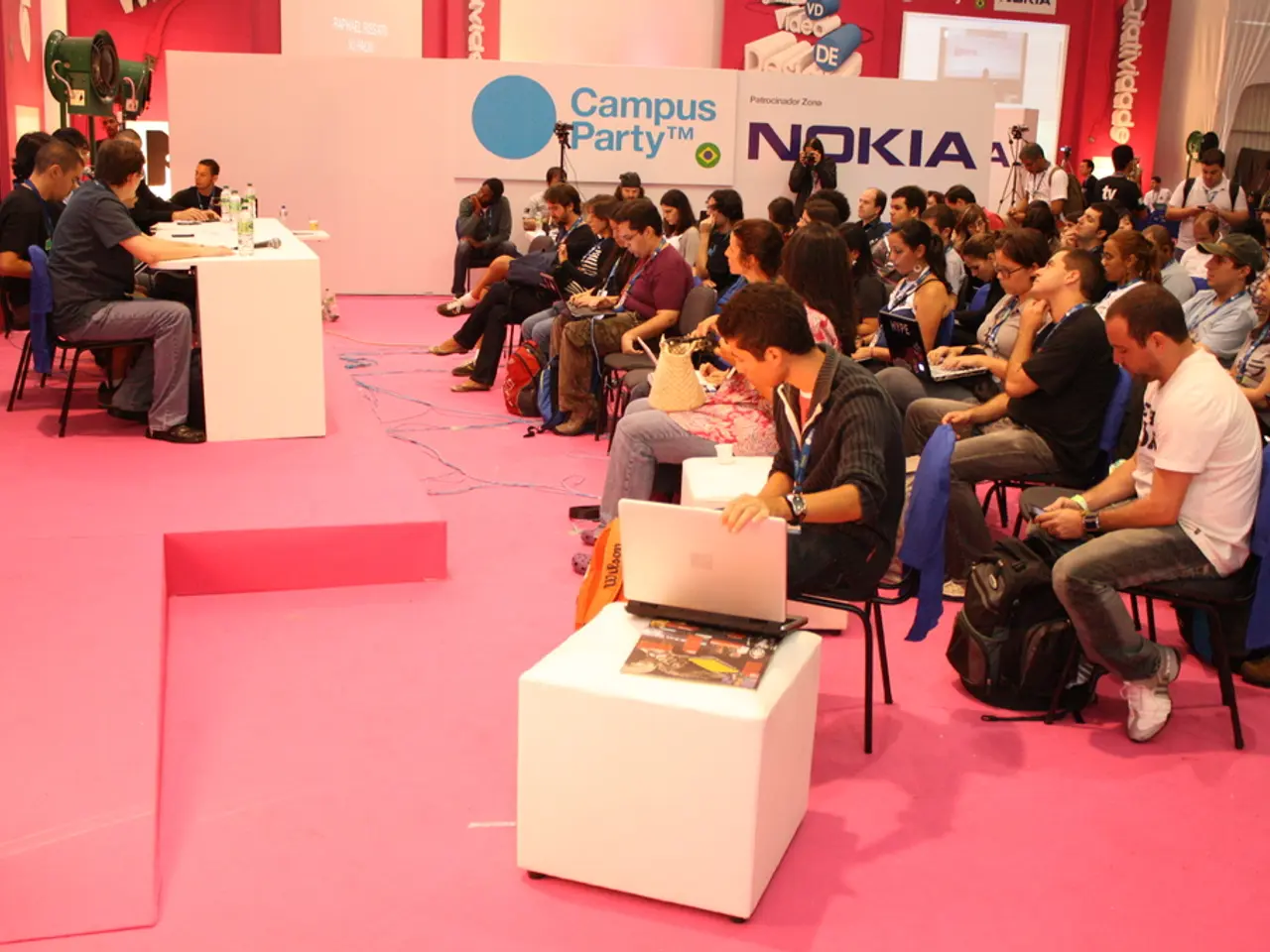Collaborative Methods in Climate Change Discussion and Decision-Making
Christiana Figueres: Architect of the Paris Climate Agreement
Christiana Figueres, a former Executive Secretary of the UN Framework Convention on Climate Change (UNFCCC), played a pivotal role in negotiating the 2015 Paris Climate Agreement. Her approach to collective leadership and momentum building was instrumental in achieving this landmark accord.
Figueres championed a collaborative leadership style that moved away from adversarial negotiations. She emphasized the importance of inclusivity, bringing a wide range of stakeholders—governments, businesses, civil society, and subnational actors—into the process to foster ownership and shared responsibility for the outcome.
Building momentum was another key aspect of Figueres' strategy. Rather than focusing solely on legalistic or punitive framing, she framed the climate challenge as an opportunity for innovation and sustainable development. This positive framing helped to break through negotiation deadlocks and build momentum by inspiring actors to commit ambitiously, seeing benefits beyond just emissions reductions.
Flexibility and pragmatism were also essential in Figueres' negotiations. She adopted a flexible approach that allowed countries to formulate Nationally Determined Contributions (NDCs), promoting inclusivity and realistic ambition levels. This bottom-up mechanism avoided gridlock by respecting each country's context and capacity.
Figueres also recognized that governments alone could not achieve the necessary scale of action. She encouraged the engagement of cities, businesses, and civil society to create a polycentric momentum that reinforced national commitments and helped to build a dynamic ecosystem of climate action.
Crucially, Figueres maintained a neutral and facilitating leadership style, enabling dialogue rather than imposing top-down agendas. This approach helped to restore trust and sustain collective progress.
The negotiation process was not just the two-week conference in Paris, but a years-long series of actions taken by Figueres and others to enhance the probability of a successful outcome. These actions included discussions with private industry groups, repeated talks with the Saudi government, and Operation Groundswell, where a small team of strategic influencers worked with partners behind the scenes to build support for an ambitious outcome.
Figueres' unique approach to collective leadership and momentum-building was recognised when she was awarded the Program on Negotiation (PON)'s Great Negotiator Award on April 14, 2022. Her emphasis on collective leadership, stating that "we all lead, we all co-lead, we all contribute, we all work," resonates strongly with the need for global cooperation in addressing the climate crisis.
References:
- Camp Lemonnier: Negotiating a Lease Agreement for a Key Military Base in Africa
- Negotiating Identity and Values-Based Disputes
- New Simulation: International Business Acquisition Negotiated Online
- Teaching Critical Leadership Skills
- Labor Relations: Negotiating Collective Bargaining Agreements
- TNRC: Effective Teaching Materials for Negotiation Studies
- PON: More than 30 videos for introducing key concepts in negotiation and conflict management
- PON: Over 250 negotiation exercises and role-play simulations available for educational purposes
- TNRC: 100-plus books for negotiation studies
- Christiana Figueres, the architect of the Paris Climate Agreement, demonstrated exemplary leadership in dispute resolution, advocating a collaborative approach that transcended adversarial negotiations.
- Figueres' emphasis on inclusivity and bringing diverse stakeholders into the negotiation process reflects the principles of leadership and education-and-self-development.
- In the business world, her strategy of framing challenges as opportunities for innovation and sustainable development could be valuable in dispute resolution and climate-change mitigation efforts.
- The flexibility and pragmatism shown in Figueres' negotiations, as evidenced by the bottom-up Nationally Determined Contributions (NDCs), could serve as a case study for negotiation training in business and environmental-science.
- Her neutral and facilitating leadership style, empowering dialogue rather than imposing agendas, aligns with the principles of conflict management and negotiation studies in education.
- Figueres' unique leadership style earned her the Program on Negotiation (PON)'s Great Negotiator Award, further demonstrating the importance of leadership in business, education, and climate-change negotiations.
- Effective negotiation skills, as practiced by Figueres, can be honed through various resources such as videos, exercises, and role-play simulations provided by PON, TNRC, and other educational platforms in the field of negotiation and conflict management.




